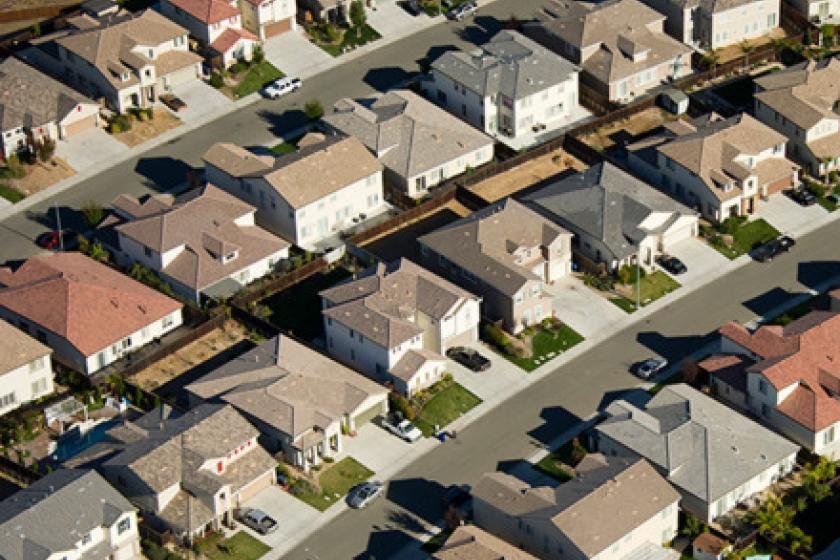PEOPLE
THEIR CONTRIBUTION and THEIR COST OF LIVING
|
|
Value Credit ... the Contribution of People
|
Parenting

|
Working

|
Family

|
Community

|
Research
|
ElderCare
|
- People Contribute and Add to Social and Economic Capital
- People only have a limited amount of time in their lives ...
- What they do with this time is what matters
- Much of what matters is not measured
- Because there is little or no pay, does not mean it does not have value.
|
|
Value Debit ... the Cost of Being Alive
|
Food I

|
Food II

|
Housing
|
Clothes / Stuff
|
Mobility

|
Education
|
- Costs of Living are a net True Cost to Economic Capital
- Costs of Living are strongly correlated with environmental degradation ... reduce Natural Capital.
- Patterns of consumption really matter ... meat has very high True Cost.
- More and more GDP growth may be profitable but it is dangerously unsustainable
|
|
HEALTHY FOOD
|
|
HEALTHY FOOD
|
DEBITS
|
CREDITS
|


|
- Money price ... debit for SC (buyer)
- Production cost ... debits for EC (producer / seller)
- Energy sub-cost ... debit for NC
- Material sub-cost ... debit for NC
- Payroll sub-cost ... debit for EC (producer / seller)
|
- Money price ... income for EC (seller)
- Nutritional value ... credit for SC (life and wellness for buyer)
- Payroll sub-cost ... credit for SC (income for workers)
|
|
MEAT
|
|
MEAT
|
DEBITS
|
CREDITS
|

|
- Money price ... debit for SC (buyer)
- NC debit ... substantial GHG emissions during production
- NC debit ... substantial land use degradation during production
- NC debit ... substantial water pollution during production
- SC debit ... health danger due antibiotics being introduced into the supply chain
|
- Money price ... income for EC (seller)
- SC credit ... meat tastes good!
|
|
FAST FOOD
|
|
FAST FOOD
|
DEBITS
|
CREDITS
|

|
- Money price ... debit for SC (buyer)
- SC debit ... substantial GHG emissions during production
- NC debit ... substantial land use degradation during production
- NC debit ... substantial water pollution during production
- SC debit ... health danger due antibiotics being introduced into the supply chain
|
- Money price ... income for EC (seller)
- SC credit ... meat tastes good!
|
|
PROCESSED FOODS
|
|
ORICESSED
|
DEBITS
|
CREDITS
|

|
|
|
HIGH SUCROSE BEVERAGES
|

|
|
- The prices are higher relative to the nutrition
- In the case of meat, the environmental impacts are many times more serious.
- In the case of chocolate there are many allegations of gegregious social costs in the supply chain
|
|
width='150' height='100' >
|
width='150' height='100' >
|
|
LUXURY FOOD
Food is a basic need ... enough food and nutritional food.
The food sector in the global economy is one of the most important and has many problems that need to be addressed.
Some parts of the world are short of food and in other parts of the world, people are eating to much.
|
FOOD is a very big global industry
The technology for food processing has become more sophisticated in recent years, but the technology has been used in large part to optimize for profit rather than for better nutrition and better wellnss outcomes.
Agriculture has become more efficient in terms of more profit per acre, but without taking into account the degradation of the environment
As population grows, and per capita food consumption grows. more and more natural tropical forest land is being cleared for mechanized agriculture. The cost of deforestation is being ignored in the conventional assessment of economic performance.
- Food is a basic need ... and enough food and the associated nutrition are essential to health and wellness.
- The price of food is one dimension in the computation of the costs of living.
- There are also environmental costs associated with the production of the food and getting it to the point of consumption.
- There are further economic and environmental costs associated with the responsible handling of food waste.
|


|


|

|
SHELTER / HOUSING
Everyone needs somewhere to live. Politicians talk about 'affordable housing' but don't seem to understand much about what this means. People with wealth and high incomes are able to afford housing no matter how much it costs, but people with modest means and low incomes are 'priced' out of the market. This has come about because most of the population is learning little more today than they were 40 years ago and the price of housing has increased substantially, whether it is house ownership or simply renting.
|
NATURE
HUGE CONTRIBUTION and UNSUSTAINABLE DEGRADATION
|
|
Value Credit ... the Contributions of Nature
|
LAND

|
WATER

|
AIR

|
RESOURCES

|
BIODIVERSITY

|
ECOSYSTEMS

|
- Everything depends on natural systems ... this is the origin of ALL value add
- Natural Systems are incredibly complex, massive in scale, efficient and usually slow.
- When normal equilibriums are disturbed, there can be catasrophic dysruption.
- Modern industrial processes are disturbing natural systems on a massive scale which is likely to be catastrophic.
|
|
Value Debit ... the Depletion and Degradation of Nature
|
LAND

|
WATER

|
AIR

|
RESOURCES

|
BIODIVERSITY

|
ECOSYSTEMS

|
- Industrial production, agriculture and consumption by people are combining to deplete and degrade Natural Resources.
- Economic performance metrics have excluded and the depletion and degradation of the Environment since the beginning of the industrial era.
- People who have benefited financially have never been held to account regarding Natural Capital costs
- To improve quality of life for people, nature has been exploited, depleted and degraded, but this is NOT sustainable.
|
ECONOMY
THE SYSTEM OPTIMIZES TO MAXIMIZE INCREASE IN ECONOMIC CAPITAL
|
CREDITS and DEBITS of BUSINESS ORGANIZATIONS
Big Business Entities Power the World Economy
|
|
Value Credit ... the Value Add of Business Organizations
|

Google
|

Apple
|
|
|
|
|
- Industrial production, agriculture and consumption by people are combining to deplete and degrade Natural Resources.
- Economic performance metrics have excluded and the depletion and degradation of the Environment since the beginning of the industrial era.
- People who have benefited financially have never been held to account regarding Natural Capital costs
- To improve quality of life for people, nature has been exploited, depleted and degraded, but this is NOT sustainable.
|
|
Value Debit ... the Value Destruction by Business Organizations
|

Google
|

Apple
|
|
|
|
|
- Industrial production, agriculture and consumption by people are combining to deplete and degrade Natural Resources.
- Economic performance metrics have excluded and the depletion and degradation of the Environment since the beginning of the industrial era.
- People who have benefited financially have never been held to account regarding Natural Capital costs
- To improve quality of life for people, nature has been exploited, depleted and degraded, but this is NOT sustainable.
|
Huge corporate organizations dominate everything
... many believe that profit is the main and only thing
|

Google
|

Apple
|

ExxonMobil
|

Rolls Royce
|

Maersk
|

HSBC
|
- Almost the whole of global GDP flows through corporate business organizations
- They are responsible for the deployment of technological innovations to improve productivity
- They optimize their decisions to maximize profits and benefit for stockholders.
- To a great extent, they ignore social impact and environmental impact and push back against regulation ... even where there are critical needs
|
| |








































